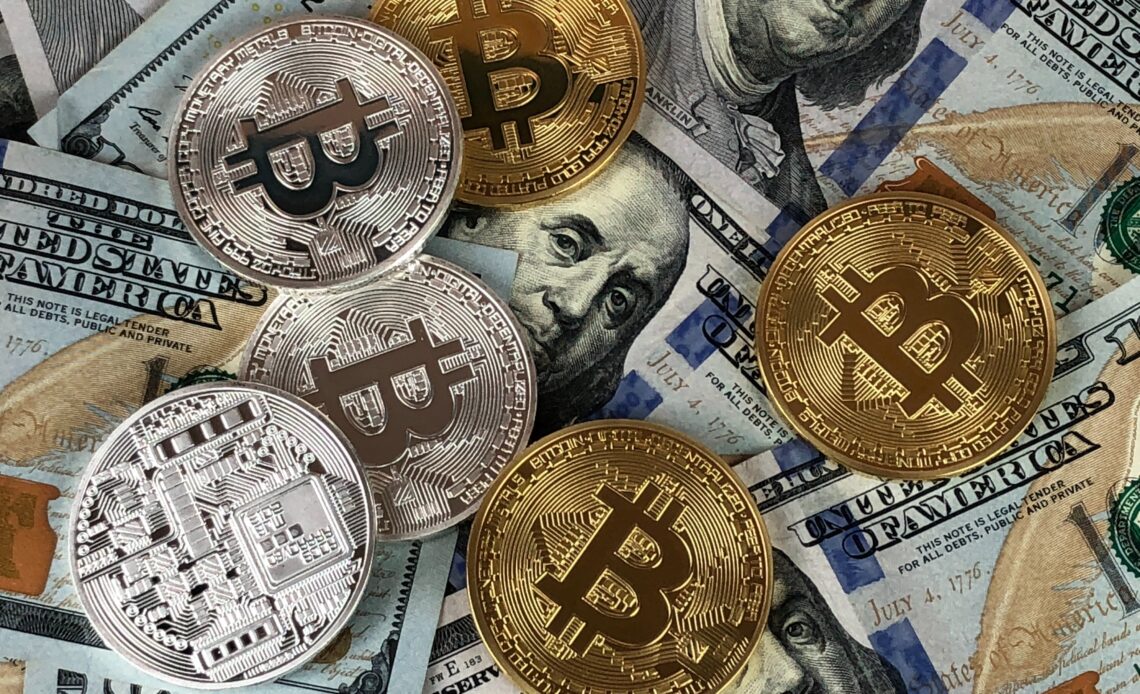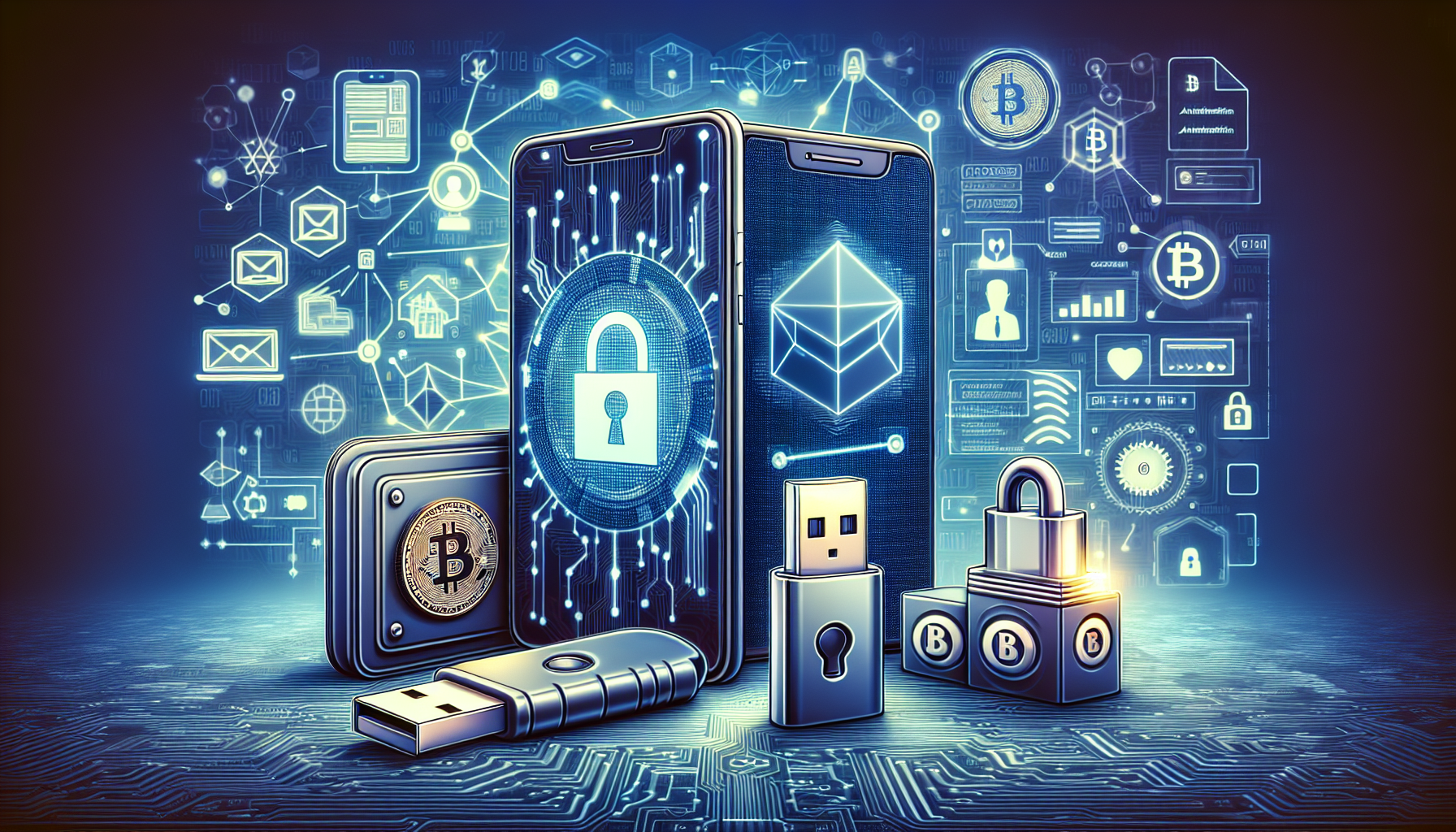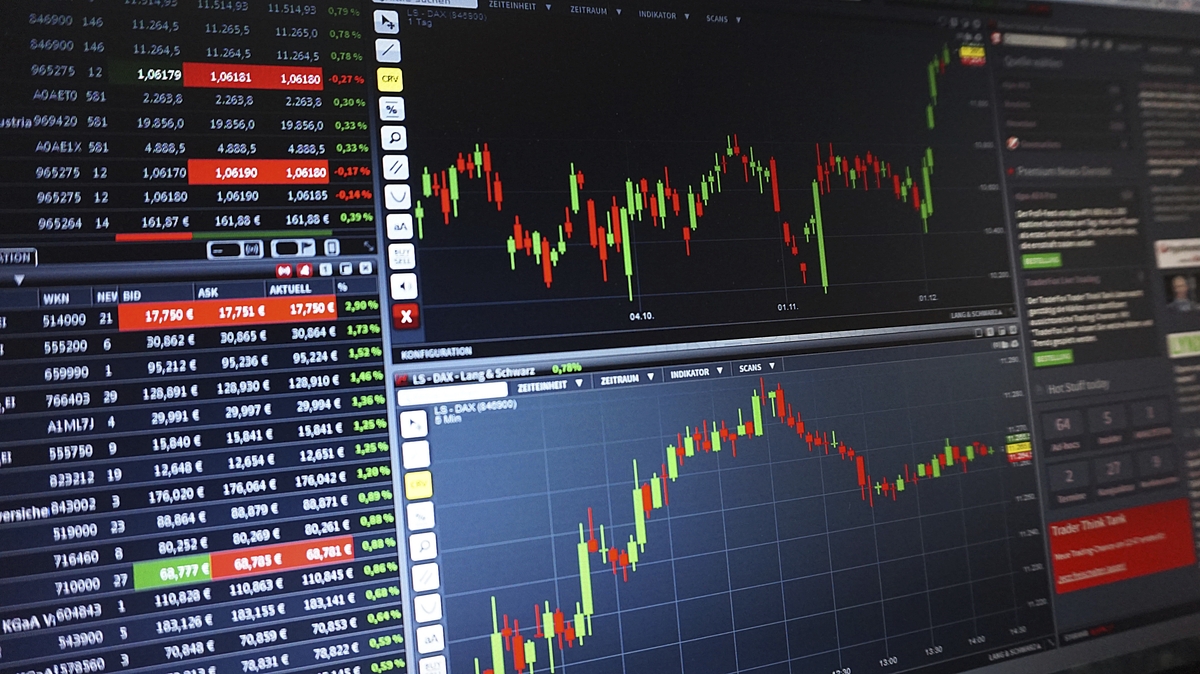If you’re diving into cryptocurrencies, security should be a top priority. The digital currency market is exciting and full of opportunities, but it also comes with risks. Whether you’re trading BTC CFD or exploring other crypto assets, keeping your investments secure is essential. Read on to go over some practical tips to keep your crypto journey both profitable and safe.
Understanding the Basics of Crypto Security
First things first, let’s talk about wallets. In the crypto environment, wallets function like personal bank accounts. You use them to store, send and receive digital currencies. There are two main types: hot wallets and cold wallets. Hot wallets are connected to the internet, making them convenient for frequent trading but also more vulnerable to hacks. Cold wallets, on the other hand, are offline and provide more security. They are ideal for storing large amounts of crypto that you don’t need immediate access to. Think of hot wallets as your everyday spending account and cold wallets as your savings account.
It’s also important to understand the concept of public and private keys. Public keys are like your account number, which you can share with others to receive funds. Private keys, on the other hand, are like your password and should never be shared with anyone. Keeping your private keys secure is crucial, as anyone with access to them can control your funds.
Creating Strong Passwords and Using Two-Factor Authentication
One of the simplest yet most effective ways to secure your crypto assets is by creating strong passwords and enabling two-factor authentication (2FA). Avoid common passwords like “123456” or “password.” Instead, use a combination of letters, numbers and symbols. A password manager can help generate and store complex passwords securely. Two-factor authentication adds an extra layer of protection by requiring a second form of identification, such as a text message code or an app-generated code. Popular 2FA apps integrate seamlessly with most crypto exchanges.
When setting up 2FA, consider using a dedicated authenticator app rather than relying on SMS-based authentication. While SMS 2FA is better than no 2FA at all, it’s not as secure as using an app. SIM swapping attacks, where hackers take control of your phone number, can compromise SMS-based 2FA. Authenticator apps generate codes locally on your device, making them much harder to intercept.
Recognizing and Avoiding Phishing Scams
Phishing scams are a common tactic used by cybercriminals to steal your information. These scams often involve fake emails or websites that look legitimate but are designed to trick you into entering your login details. Always double-check URLs and email addresses for any discrepancies. If something feels off, it’s better to be cautious. Contact support teams directly through verified channels rather than clicking on links in unsolicited emails. Remember, no reputable exchange or wallet provider will ever ask for your private keys or password via email.
Another red flag to watch out for is a sense of urgency or pressure in the message. Scammers often try to create a false sense of urgency, claiming that your account will be suspended or that you’ll miss out on a special offer if you don’t act immediately. Legitimate companies will never pressure you to make hasty decisions. If you’re unsure about a message, take your time to verify its authenticity before taking any action.
Safe Transactions and Trading Practices
When making transactions, always verify the details before confirming to prevent scams. Double-check wallet addresses to ensure they are correct; a small mistake can result in losing your funds permanently. Trade on reputable platforms that offer strong security features such as two-factor authentication, encryption and regular audits. Doing some research and reading reviews can give you a sense of which platforms value security. It’s also wise to start with smaller trades if you’re new to a platform to minimize potential losses.
Regularly Updating Software and Firmware
Keeping your software and firmware up-to-date is another crucial step in maintaining security. Wallets and trading platforms frequently release updates that fix vulnerabilities and improve performance. Ignoring these updates can leave you exposed to threats. Additionally, using antivirus and anti-malware tools can provide an extra layer of protection against harmful software designed to steal your information.
Backing Up Your Wallet and Private Keys
Backing up your wallet and private keys is a must-do for any crypto trader. There are various methods for backing up your wallet, including paper backups where you write down your private keys on paper and store them securely. Hardware wallets also offer backup options that you can store in multiple locations for added security. Make sure these backups are stored in safe places where they cannot be easily accessed by others but are still accessible to you when needed.
Staying Informed About Security Threats
The crypto landscape is always changing, so staying informed about the latest security threats is vital. Follow updates from credible crypto communities to keep yourself updated on new vulnerabilities or scams making rounds in the market. Learning from past security breaches can also offer valuable insights into how to better protect yourself moving forward.
Utilizing Advanced Security Features
If you’re dealing with substantial amounts of cryptocurrency or simply want extra peace of mind, consider using advanced security features like multi-signature (multi-sig) wallets and hardware security modules (HSMs). Multi-sig wallets require multiple signatures before a transaction can be completed, adding another layer of security especially useful in collaborative environments or high-value accounts. Hardware security modules provide physical devices designed specifically for securing cryptographic keys.
Protecting Your Privacy and Anonymity
Your privacy is just as important as securing your assets when it comes to trading cryptocurrencies. Using Virtual Private Networks (VPNs) can help protect your online activity by masking your IP address and encrypting your internet connection. This makes it harder for hackers to track your actions or intercept sensitive data. Additionally, be mindful of what you share on social media platforms; oversharing can make you a target for cybercriminals looking to exploit personal information.
By following these tips, you can significantly reduce the risks associated with trading cryptocurrencies. Remember that while the digital currency market offers plenty of opportunities for profit, it’s essential to prioritize security at every step of your journey.











